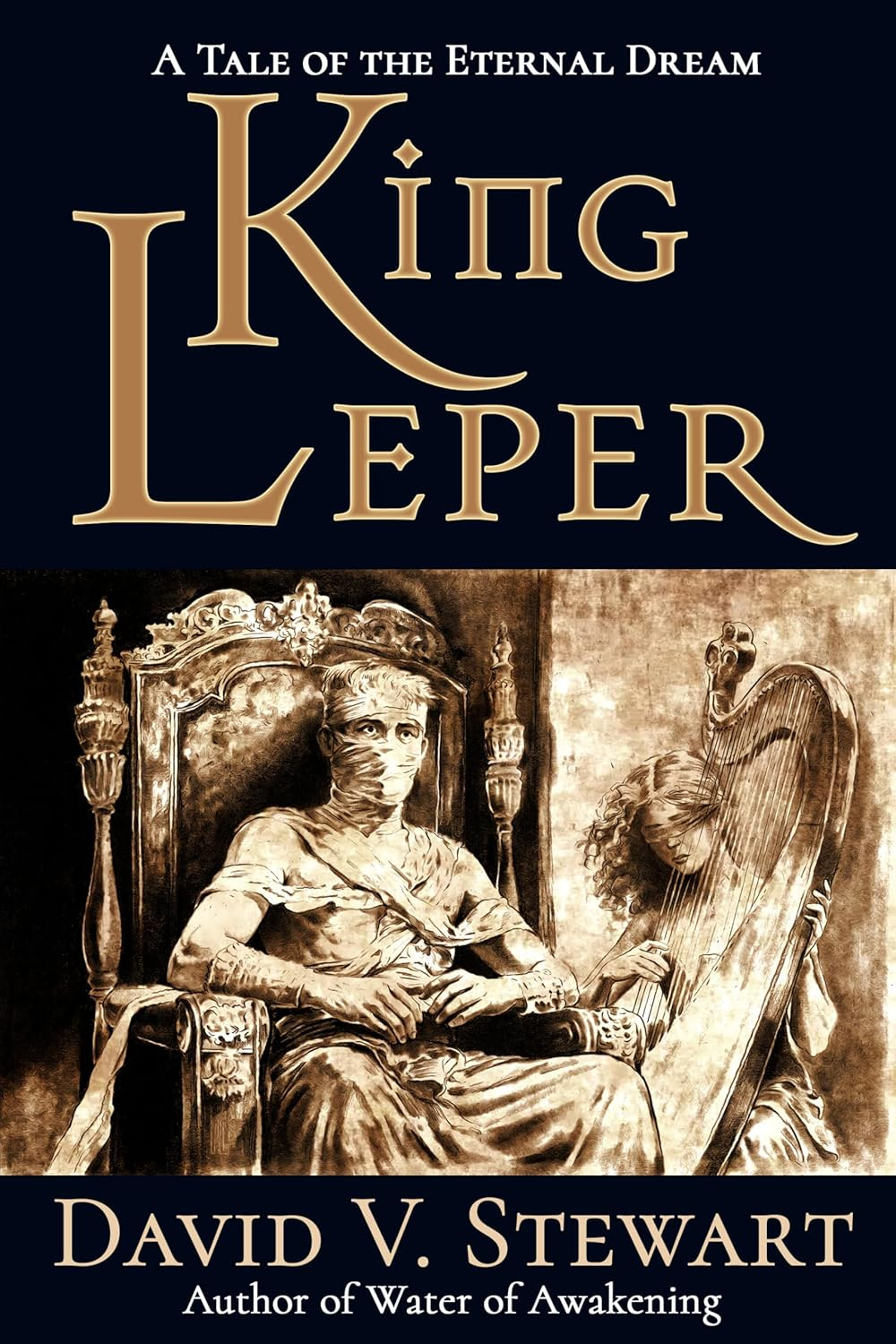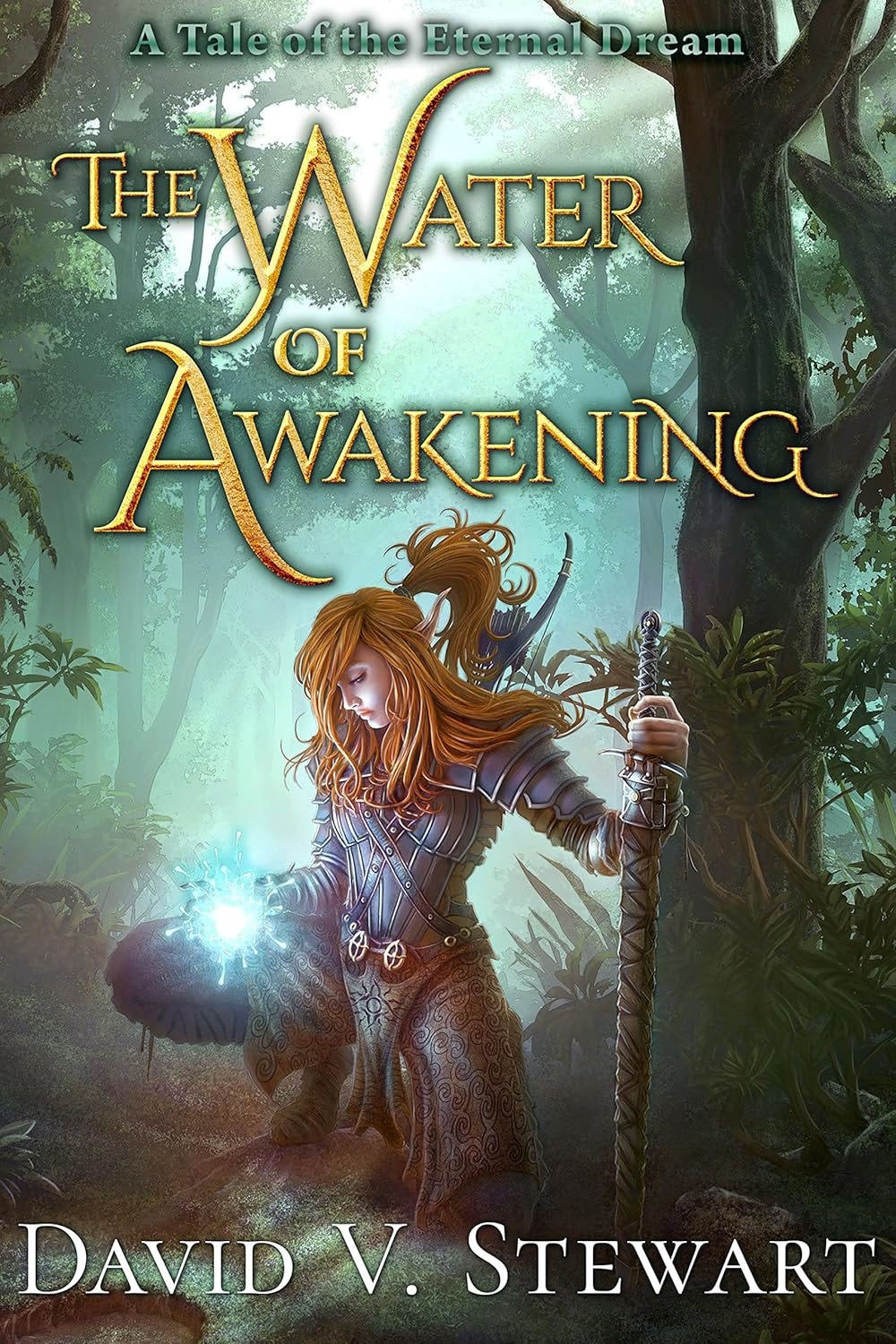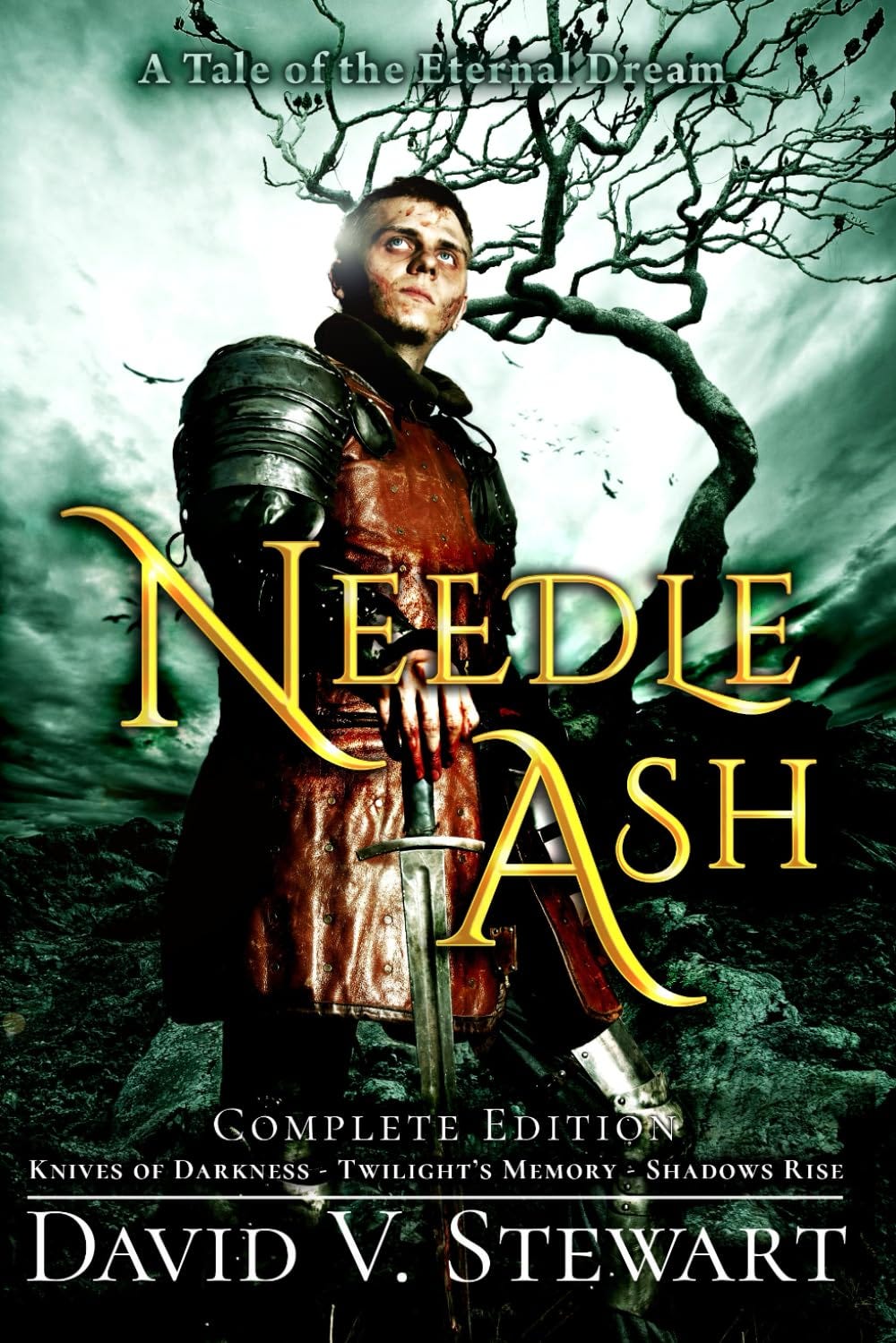“Prurient”
I like this word and find new things to which it applies every week. Prurience is the plague of my generation – an obsession with making things “mature,” and this usually takes the form of sex and violence. Attempts to be deep involve moral “greyness,” which is usually just people being terrible to each other between bouts of fornication. On its own, I can forgive a personal vanity regarding being “adults,” but the condemnable reality of Gen X and Ys prurience is that they are dragging classic forms of art meant for the young down into the gutter.
Before we began to suffer from clinical nostalgia, we had to obsess over being older than we were. Part of that nostalgia is that we took our childhoods for granted while we transitioned into young adulthood. Everyone wanted to be extra edgy and extreme in the 80s and 90s, and one need only look at the media aimed at teens to see the marketing power of the desire to be precocious. In music, you had “Like a Virgin” on the pop side and things like Guns N’ Roses at the other end – packaged rebellion. The draw of that art was that it was somehow naughty and meant for older people. It’s stuff your parents would hate – but for most kids, their parents weren’t around to say “no” anyway. The rated-R blockbuster was an ‘80s invention that most of us from that time grew up on with the help of the great VHS format. We watched Predator and Aliens as much for their extreme content (to us) as anything else. The titillation of horror was novel.
90s videogame standouts were the ultra-violent Doom and ultra-sexy (for the time) Tomb Raider, but the vast majority of games were quite clean by the standards of other media. There was an understanding that games were for children, and maturity in games really only occurred through the story. There was no point in attempting nudity on consoles that could only gesture towards real objects with their graphics. It wasn’t until the HD consoles of the mid-2000s that the industry started to ship games with bona fide sex scenes, realistic gore, and contemporary political messages. Games media, mostly made up of young adults born in the 70s and early 80s, embraced this change and promoted it. Only Nintendo maintained a family-friendly image.
I can’t think of a better arrival point of this shift than the Witcher series. It has sex, violence, and “grey” morality in spades, and is based on (originally) a series of stories whose setup is “Fairy tales, but all about sex and definitely for grown-ups.” The games and the original stories aren’t bad in my opinion, but they do contain some of the prurience with which this essay is concerned. Collecting sex cards in the original Witcher game was a bit of fun, mostly because it was about choosing the right dialogue choices – it was gamified – but sex in the follow-up games started to be a self-serious affair. This is not to say that there should not be games for adults, but that the common confusion is to think that nudity and sex, since they are something adults experience, make a game better for adults. Nudity is not “mature.”
What I happen to think is much worse is the comics industry, the example that Kris Straub (himself a comic artist) chose for his short. Comics as a format were always made for children and teens, but only Generation X grew up and thought comics should still be made just for them. The result was the “maturation” of the medium through the 1990s and into the 2000s, where soap-opera adventures were replaced by books that replaced most of the story with political propaganda and brutish drama (and fornication) between characters that had originally been made to appeal exclusively to children. “Thor becomes a woman and refuses to fight another woman out of feminist respect” is an event that was actually published. Ice Man is gay. Superboy is super gay. Iron Man is now a black girl. Spider-Man is now a black boy. And gay.
I’m surprised Professor X hasn’t cured AIDS using Wolverine’s blood or resurrected Dark Phoenix to fight Donald Trump.
The funny thing is that there are now no mainstream American comics that an actual adult can enjoy reading. Instead, it’s just fodder for 40-year-olds who feel embarrassed by enjoying children’s media.
Fantasy literature is another thing worth mentioning. There was always a strong segment of that genre dedicated to children and young adults. Now “Young Adult” means women who are 35+ years old, reading romance novels with fantasy settings. I think it’s fair to call A Song of Ice and Fire (and the TV adaptation A Game of Thrones) a prurient fantasy treatment. It jettisons all of the whimsy and imagination of pre-1980 fantasy and abstains from the mythological mode that even “mature” fantasy works like The Chronicles of Thomas Covenant, Black Company, and Book of the New Sun operated in. What you get are realist novels set in an unreal place, focused on the wickedness of the godless (in a literal sense – there is virtually no religion to find in the books) characters whose primary obsession is sex. It is fitting that the series left off with one of the main characters dying of diarrhea.
That piece of media also leads me to another: Final Fantasy XVI. It’s a good game by most metrics. It has fun combat, and the visuals are amazing. The story is even quite good, with some great villains and likeable allies, though the larger conflict is a bit convoluted. What holds the game back is its prurience. A desire to be mature permeates the game. The foul language feels horribly out of place, as does the intense sexuality and the presence of a prominent gay relationship, as if they added a checklist of things to appeal to Western game journos. There is also the presence of an enslaved underclass of magic users that could have been ripped straight from Sanderson or one of his many imitators.
The action combat is what most people point out when they claim that Final Fantasy XVI shouldn’t be a Final Fantasy game, and they are partially right. Final Fantasy hasn’t had turn-based combat in 25 years and has always evolved (and contrary to popular belief, Square Enix still publishes turn-based RPGs regularly). The souls-inspired fights do seem like a bridge too far, but that’s not what makes the sixteenth mainline game feel out of place. It’s the prurience. It’s the attempt to be realist in a high fantasy world. It doesn’t gel, and it doesn’t fit with the rest of the series, which has always told high-concept fantasy stories in a mythological mode. The struggle against the gods is there in Final Fantasy XVI, but all the focus is on the mundane and ugly, and those elements by comparison seem shallow and, in the case of the whole slave class, nonsensical. By attempting to be “adult,” it stopped operating in the timeless mode.
What is so sad about all this is that the prurience doesn’t elevate the targeted media to maturity but rather condemns it to childishness. It’s children’s media for people who can’t grow up, people embarrassed to still be children. As an aside, I notice this attitude goes along with not having children. As a father, I get to enjoy Pokémon with my children. I don’t need a modern updated monster-collecting game where characters fornicate with their furry pals (Rule 34 ensures that someone has already sold erotica of this variety). Likewise, I don’t have to care about Aragorn’s tax policy because I pay taxes in the real world. Not to get too personal, but as a married man, sex scenes are not very interesting to me, either, since I get the real thing regularly and my wife is hot. I certainly don’t crave bare breasts in my video games.
So, what is left for kids?
Well, comics, if you step outside the American comics cape bubble. Dogman is huge, but Gen Y isn’t interested in Dogman, so it doesn’t exist, or it doesn’t count because the art isn’t realistic and detailed (or traced, in the case of Greg Land). But even there, the assault on children’s media continues. Did you know that in the last Captain Underpants book, Dav Pilkey (who has no children) reveals a future Harold in a gay marriage? Did he even think of the implications of this revelation? Even in silly books for silly boys, you cannot have something simple and innocent. It must be sexual. In the children’s fantasy realm, Tui T. Sutherland waits an impressive 11 books in her Wings of Fire series before making some of the dragons homosexual (how that works for reptiles, I don’t know). On the one side, you have prurience; on the other, grooming. The latter deserves its own treatment, but I could not mention one problem without pointing out the other.
I am an independent artist and musician. You can get my books by joining my Patreon or Ko-Fi, and you can listen to my current music on YouTube or buy my albums at BandCamp.








This is truth 100%. I'm married with kids, and finding any modern media appropriate for them has been a chore. The kids graphic novels are ugly (CalArts style is death to the eyes), the kids books are loaded with messaging, the kids games have to have content warnings. We've worked backwards into the Wii and GameCube era, playing the originals of over-milked series like Animal Crossing and Pokemon. When they want graphic novels, we pick up manga. We kind of exist in this parallel dimension of Diana Wynne Jones and Usborn adventure books. It's very strange.
How much of this is influenced by Saturday Morning Cartoon morality being itself so shallow and kids growing up to rebel against it in this exact way? I say this because all this prurience is hinged on that sort of hokey morality being seen as what Good is, a morality that somehow considers The Shadow an "anti-hero" when no one who listened to the original radio show or read the original novels ever thought. It is as if an outside force changed the idea of what being a hero means, and what better source than the ACT that completely censored and dumbed down violence to the point that even Disney villain level deaths are considered beyond the pale. This is the sort of thing the Gen X and Ys are reacting against, even though it's a terrible frame to begin with.
In Japan, the anime Demon Slayer is primarily sold to kids and that series is violent as all get out, but the violence is not prurient and not thought of as a reason it should be rated For Adults either.
This is a generational issue caused by people who never should have had any power to begin with.